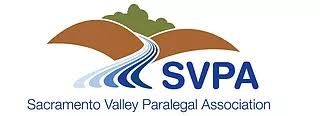|
Are you well organized, detail oriented, self directed? Do you enjoys working with the public? Then becoming an LDA might be right for you. Do you offer Paralegal services directly to the public? Do you fill out documents for compensation? If you offer or are contemplating providing document preparation services directly to the public for compensation without the supervision of an attorney, you may be required to register as a Legal Document Assistant, according to California Business & Professions Code § 6400, et seq. Bus & Professions Code § 6400(c)(1) Any person who “provides, or assists in providing, or offers to provide, or offers to assist in providing, for compensation, any self-help service to a member of the public who is representing himself or herself in a legal matter, or who holds himself or herself out as someone who offers that service or has that authority. This paragraph does not apply to any individual whose assistance consists merely of secretarial or receptionist services." Making that decision to walk down this career pathway requires more than just adherence to BPC § 6400, et seq., it requires a commitment and a belief in oneself to take on challenges of not only the legal industry, but also working with California courts that are severely underfunded. Chronic underfunding of the courts unfairly affects members of the public seeking their day in court. Trial courts receive a little more than a penny for every general fund tax dollar, and in the past the judicial branch has had funds swept to support the state budget during times of crisis. Now the courts have an ongoing funding crisis, new laws are added annually, there are more complex cases, but there is no stable funding solution for the judicial branch and the people we all serve. - Chief Justice Tani G. Cantil-Sakauye 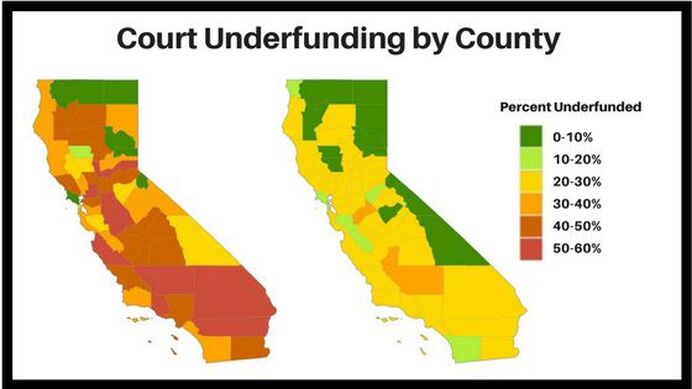 Before the judicial branch implemented the Workload-based Allocation and Funding Methodology (2013-14, left) some trial courts were underfunded by as much as 60%. By 2017-18 (right), the new formula had helped equalize funding gaps. SOURCE: The Trial Court Funding Formula, Explained by Merrill Balassone In the past year, 55 percent of Californians at all income levels experienced at least one civil legal problem in their household, yet nearly 70 percent of them received no legal assistance. Fewer than 1 in 3 Californians sought legal assistance to address their problems. - California Justice Gap Study: Measuring the Unmet Civil Legal Needs of Californians. The Legal Document Assistant (LDA) profession was bore from community based legal advocacy. In fact, the LDA profession is an innovation in the legal services industry which enhances the delivery of, and access to, legal services. In some communities throughout California LDAs are the only legal resource. Becoming an LDA is privilege which should not be taken lightly. We serve members of the public who aren't able to hire a lawyer, while alleviating the demand on limited court resources. Legal Document Assistants are an affordable non-attorney professional alternative for members of the public facing a legal problems, but can't afford to hire an attorney. The Justice Gap Study Executive Report also tells us the gap in knowledge is the one of the key issues in access to justice. As an LDA One of the biggest challenges of working with the self-representing litigants, is they do not realize their questions are legal questions which can or should only be answered by an attorney. While we can provide litigants self-help resources or sure the litigant an research the answer themselves, but legal research is a art in of of itself which is a two semester program taught in a paralegal program. This is a systemic civics issue that transcendent socio-economic condition. How does the constitutional right to redress serve the people if they cannot navigate the legal system without paying thousands in attorney fees? Fortunately, the California State Bar is presently working on address this very issues.
The Legal Document Assistant profession, while challenging, can be very rewarding. LDAs close the legal resource gap that often exists in our judicial system. Even if we can't provide legal advice, at minimum we help pro se litigants identify that they have a legal issue. We provide affordable legal services bridging accessibility. Are you ready to become part of the legal justice solution?
BPC 6411.(f) Use in the person’s business name or advertising the words “legal aid,” “legal services,” or any similar term that has the capacity, tendency, or likelihood to mislead members of the public about that person’s status as a nonprofit corporation or governmentally supported organization offering legal services without charge to indigent people, or employing licensees of the State Bar to provide those services.
https://leginfo.legislature.ca.gov/faces/codes_displaySection.xhtml?lawCode=BPC§ionNum=6411. BPC 6159. (using legal aid) https://law.justia.com/codes/california/2020/code-bpc/division-3/chapter-4/article-9-6/section-6159-52/#:~:text=6159.52.%C2%A0%C2%A0,January%201%2C%202010.) It is unlawful for any person or organization to use the term “legal aid,” “legal aide,” or any confusingly similar name in any firm name, trade name, fictitious business name, or any other designation, or on any advertisement, letterhead, business card, or sign, unless the person or organization is a legal aid organization subject to fair use principles for nominative, descriptive, or noncommercial use. (Added by Stats. 2009, Ch. 457, Sec. 3. (AB 590) Effective January 1, 2010.) BPC 6450. (a) “Paralegal” means a person who holds himself or herself out to be a paralegal, who is qualified by education, training, or work experience, who either contracts with or is employed by an attorney, law firm, corporation, governmental agency, or other entity, and who performs substantial legal work under the direction and supervision of an active member of the State Bar of California, as defined in Section 6060, or an attorney practicing law in the federal courts of this state, that has been specifically delegated by the attorney to him or her. Tasks performed by a paralegal include, but are not limited to, case planning, development, and management; legal research; interviewing clients; fact gathering and retrieving information; drafting and analyzing legal documents; collecting, compiling, and utilizing technical information to make an independent decision and recommendation to the supervising attorney; and representing clients before a state or federal administrative agency if that representation is permitted by statute, court rule, or administrative rule or regulation. https://leginfo.legislature.ca.gov/faces/codes_displaySection.xhtml?sectionNum=6450.&lawCode=BPC 6/24/2021 The California State Bar Paraprofessional Program Working Group (CPPWG): Why It's Important for LDAsRead NowThe California Paraprofessional Program Working Group (CPPWG) is one of the many working groups established pursuant to the ATILS Taskforce (Task Force on Access Through Innovation of Legal Services) recommendations (see Final Report and Recommendations).
One of the more notable mandates the ATILS Taskforce was charged with was the review of, "the prohibitions against unauthorized practice of law (UPL) as well as the impact of those prohibitions on access to legal services." This directly impact our profession as LDAs because their findings were to recommend the consideration of implementation of the new paraprofessional licensing program. It was at this juncture where LDAs should have had a voice in the outcome of these recommendations. Instead of the development of a new non-attorney professional, rather the expansion of our current profession as LDAs. But, that ship has long since sailed. The ATILS Taskforce final report was adopted in March 2020. It is imperative that LDAs are involved in not just the Paraprofessional Working Group, but the other ancillary working groups, subcommittees and taskforces. Here's a link to the California Paraprofessional Program Working Group http://www.calbar.ca.gov/About-Us/Who-We-Are/Committees/California-Paraprofessional-Program-Working-Group for more details. Effective January 1, 2016. BPC §6402. our registration requirement has changed. We are no longer required to register in each count where we perform business.
We can now offer business in ANY county throughout California and are only required to register in the county in which our principal place of business is located, and in which we maintain a branch office. "A legal document assistant or unlawful detainer assistant shall be registered pursuant to this chapter by the county clerk in the county in which their principal place of business is located, and in which they maintain a branch office..." To date, the Department of Consumer Affairs has yet to update our statutory contract to conform with BPC §6402. Current Contract 7. As required by law, I have filed a bond or made a cash deposit and have registered as a legal document assistant in each county where I will perform services on your behalf. Proposed Revision 7. As required by law, I have filed a bond or made a cash deposit and have registered as a legal document assistant in the county where my principal place of business is located, and in any counties in which this business maintains a branch office. https://govt.westlaw.com/calregs/Document/I3356854BB1E74FDB8181ECEA71C00C39?viewType=FullText&originationContext=documenttoc&transitionType=CategoryPageItem&contextData=(sc.Default) |
Details
Author: Angela GrijalvaJust another entrepreneur "tryin' to make a dollar out of fifteen cent," while making a difference. Categories
All
|
|
NON-ATTORNEY DISCLOSURE:
Prepared Legal Corp. (PLC) is not a law firm. Angela Grijalva is not a lawyer and cannot give legal advice. Neither PLC nor Angela Grijalva can represent you in court. PLC can provide document preparation services at the client's direction. Services provided by PLC are not substitute for the advise of a lawyer. If you have questions regarding the section of appropriate forms, you should seek the advice of a lawyer. |
PREPARED LEGAL CORPORATION
LEGAL DOCUMENT PREPARERS Ph: (916) 750-0073 Fx: (833) 750-PREP 180 Promenade Circle, Suite 300 Sacramento, CA 95834 _______________________________ Sacramento County LDA Reg. 2020-03 Exp. 08/04/2024 _______________________________ A Minority Woman-Owned Business 🏳️🌈 |
DIVULGACIÓN DE NO ABOGADOS:
Prepared Legal Corp. (PLC) no es un bufete de abogados. Angela Grijalva no es abogada y no puede dar consejos legales. Ni PLC ni Angela Grijalva pueden representarlo en la corte. PLC puede proporcionar servicios de preparación de documentos a nombre del cliente. Los servicios provistos por PLC no sustituyen el asesoramiento de un abogado. Si tiene preguntas con respecto a la sección de formularios apropiados, debe consultar un abogado . |
Proud Member of:
Disclaimer: The information presented is intended to convey general information only and not to provide legal advice or opinions. Communication of information should not be construed as, and should not be relied upon for, legal or tax advice in any particular circumstance or fact situation. It is not intended to serve as legal advice. You should not rely upon any information discussed or presented here without first seeking legal advice from an attorney licensed to practice law in your jurisdiction.
Copyright 2020 Prepared Legal Corporation. Copyright 2016 Legal Document Preparers. All rights reserved.
Copyright 2020 Prepared Legal Corporation. Copyright 2016 Legal Document Preparers. All rights reserved.
Best LGBTQIA+ Divorce Paralegal in Sacramento, California | Family Law Support
Description: Discover the top LGBTTTQQIAA divorce paralegal in Sacramento, California, and surrounding areas. We provide expert legal support to individuals representing themselves in family law matters throughout California. Your trusted partner for a fair and just resolution.
Social Media Post:
Searching for the Best LGBTQIA+ Divorce Paralegal in Sacramento, California? Look no further!
At [Your Paralegal Service Name], we're dedicated to providing unparalleled legal support to individuals representing themselves in family law matters. We're proud to support the LGBTQIA+ community with expertise, empathy, and a commitment to justice.
Top Paralegal Services
Family Law Paralegal
Serving All of California
Get the support you deserve. Visit our website today!
#LGBTQIA #DivorceParalegal #FamilyLaw #SacramentoLegal #CaliforniaLaw
Description: Discover the top LGBTTTQQIAA divorce paralegal in Sacramento, California, and surrounding areas. We provide expert legal support to individuals representing themselves in family law matters throughout California. Your trusted partner for a fair and just resolution.
Social Media Post:
Searching for the Best LGBTQIA+ Divorce Paralegal in Sacramento, California? Look no further!
At [Your Paralegal Service Name], we're dedicated to providing unparalleled legal support to individuals representing themselves in family law matters. We're proud to support the LGBTQIA+ community with expertise, empathy, and a commitment to justice.
Top Paralegal Services
Family Law Paralegal
Serving All of California
Get the support you deserve. Visit our website today!
#LGBTQIA #DivorceParalegal #FamilyLaw #SacramentoLegal #CaliforniaLaw
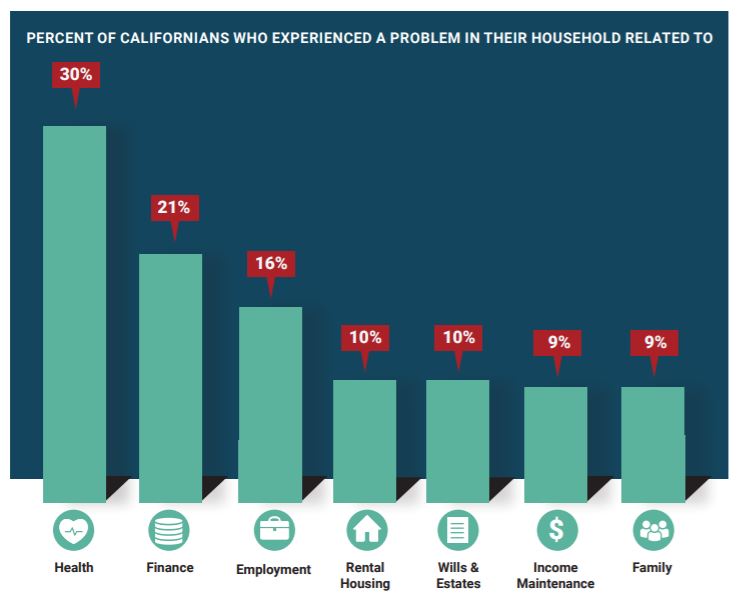
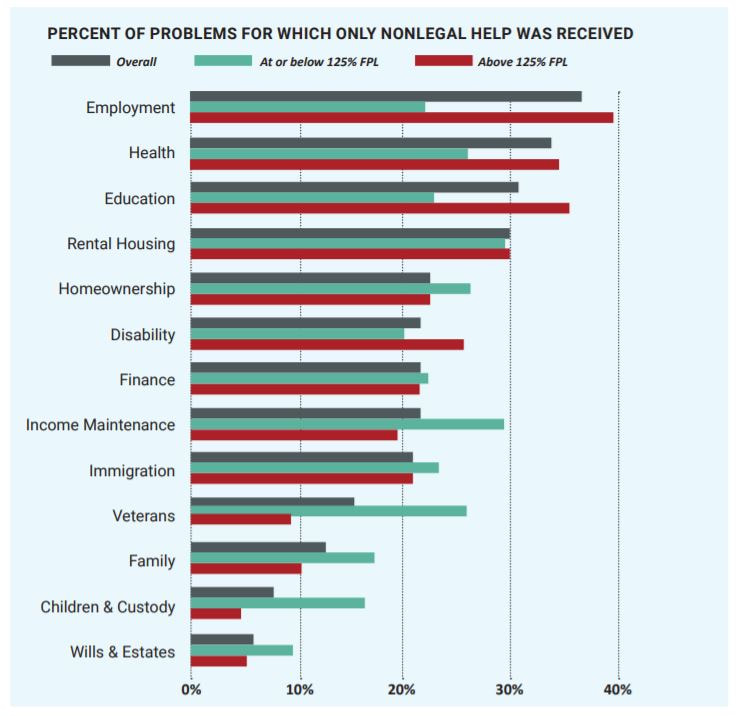
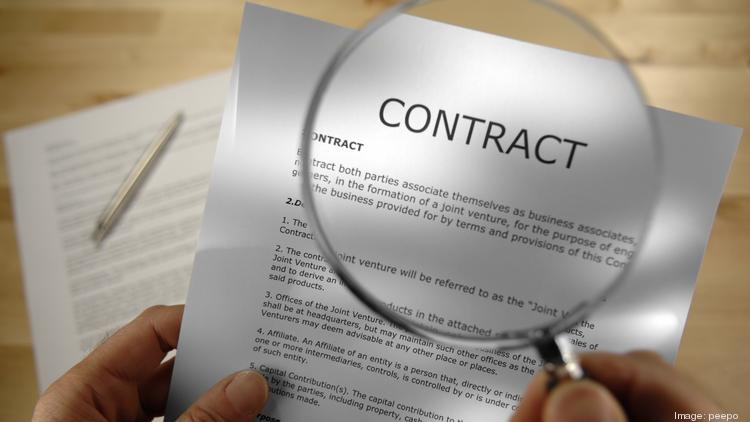
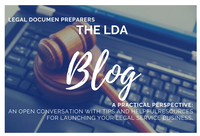
 RSS Feed
RSS Feed




